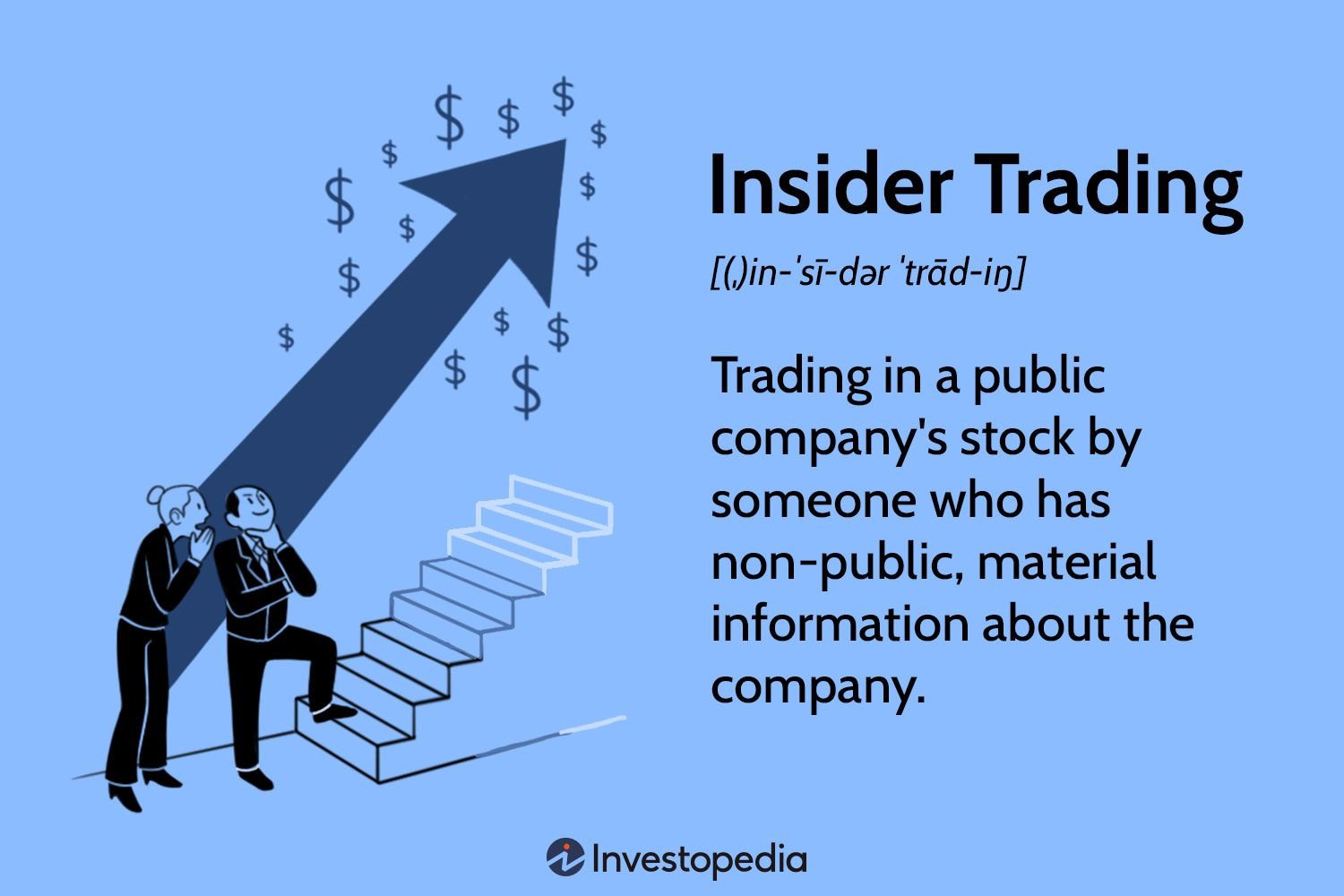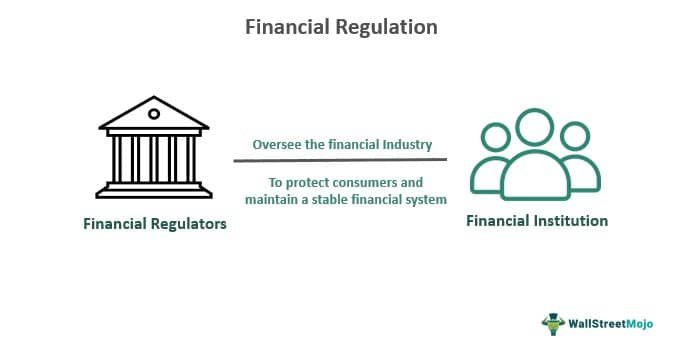Insider trading and its legality – a subject that sparks curiosity and raises important questions. What exactly is insider trading? Is it legal or illegal? Let’s dive right in and tackle these pressing concerns head-on. Insider trading refers to the practice of buying or selling stocks or other securities based on confidential information not available to the general public. But wait, is this legal? Well, the answer isn’t as straightforward as you might think. In this article, we’ll explore the intricacies of insider trading, its legality, and the implications it has on the financial world. Join us as we shed light on this captivating topic, demystifying the secrets surrounding what is insider trading and its legality.
What is Insider Trading and Its Legality
Insider trading is a term that often makes headlines, evoking images of illegal and unethical behavior in the financial world. But what exactly is insider trading, and what are its legal implications? In this article, we will dive deep into the concept of insider trading, examining its definition, types, laws, and the consequences associated with it. So, let’s unravel the intricacies of insider trading and explore its legality.
Understanding Insider Trading
Insider trading refers to the buying or selling of securities, such as stocks or bonds, based on confidential information not yet made available to the public. This non-public information, commonly known as “inside information,” provides an unfair advantage to those who possess it, allowing them to make informed investment decisions before the general public.
It is important to note that not all insider trading is illegal. Insider trading becomes illegal when the person trading on the inside information breaches a fiduciary duty or a relationship of trust and confidence, either to the company or its shareholders. This breach of trust occurs when insiders, such as company executives, directors, or employees, use the confidential information for personal gain at the expense of others.
Types of Insider Trading
Insider trading can take several forms, each with its own set of circumstances and legal implications. Let’s explore some common types of insider trading:
1. **Traditional Insider Trading:** This involves an individual trading securities based on material non-public information they obtained through their position within the company. For example, a CEO purchasing shares just before announcing positive earnings results.
2. **Tipper-Tippee Insider Trading:** In this scenario, a person with inside information shares it with someone else who then trades on it. The person sharing the information is known as the “tipper,” while the person receiving it is the “tippee.” Both the tipper and tippee can be held liable for insider trading.
3. **Misappropriation Insider Trading:** This occurs when a person trades on material non-public information obtained from sources outside of the company. For instance, a lawyer working on a merger acquisition leaking confidential information to a friend who then trades on it.
Laws Governing Insider Trading
Insider trading is a complex legal issue, with laws varying between jurisdictions. In the United States, the Securities and Exchange Commission (SEC) is responsible for enforcing and regulating insider trading laws. The primary law governing insider trading in the U.S. is the Securities Exchange Act of 1934, specifically Rule 10b-5.
Under Rule 10b-5, it is illegal to engage in any act or practice that would deceive or defraud others in connection with the purchase or sale of securities. This includes insider trading, whether based on material non-public information or the fraudulent misrepresentation of such information.
To establish insider trading, the SEC typically looks for the following key elements:
1. Material Information: The information traded upon must be material, meaning it is likely to impact the stock price if made public.
2. Non-Public Information: The information must not be available to the general public. It should be confidential and known only to a select few.
3. Breach of Fiduciary Duty: Insider trading involves a breach of fiduciary duty or a violation of a relationship of trust and confidence. It requires the insider to owe a duty to the company or its shareholders.
4. Trades Made on Inside Information: The person trading must have bought or sold securities based on the non-public material information.
Consequences of Insider Trading
Engaging in illegal insider trading can have severe consequences for individuals involved. The penalties for insider trading violations may include:
– **Criminal Charges:** Insider trading can lead to criminal charges, such as fines and imprisonment. The severity of the penalties varies based on the jurisdiction and the nature of the offense.
– **Civil Lawsuits:** Individuals involved in insider trading may face civil lawsuits filed by affected parties seeking damages for losses incurred due to the insider trading activity.
– **Financial Penalties:** Both criminal and civil charges can result in hefty financial penalties, including fines, disgorgement of profits, and restitution.
– **Loss of Reputation:** Insider trading tarnishes a person’s reputation, particularly if they hold a high-ranking position within the company or the financial industry.
– **Bar from Trading or Serving as a Director:** Violators of insider trading laws may face temporary or permanent restrictions on trading securities or serving as a director of a public company.
Regulating Insider Trading
To combat insider trading, regulators and exchanges have implemented various measures and regulations. These efforts aim to ensure fair and transparent markets and protect investors from unfair advantages obtained through illegal practices. Some of the ways insider trading is regulated include:
1. **Strict Disclosure Requirements:** Companies are obligated to disclose material information to the public promptly. This ensures that all investors have access to the same information at the same time.
2. **Blackout Periods:** Many companies impose blackout periods, during which insiders are restricted from buying or selling company securities. These periods usually coincide with crucial company events like earnings releases or pending mergers.
3. **Surveillance and Monitoring:** Regulatory bodies and stock exchanges employ surveillance systems to detect potential instances of insider trading. These systems use advanced algorithms to identify suspicious trading patterns and unusual stock price movements.
4. **Whistleblower Protections:** Regulations provide protections and incentives for individuals to report insider trading violations. Whistleblowers who report such violations may be eligible for financial rewards or legal protections.
Recent Developments and Challenges
Insider trading remains a persistent challenge in the financial world, requiring ongoing efforts to detect and deter such activities. Recent developments include:
– **Technology and Data Analytics:** Regulatory authorities are increasingly leveraging advanced technology and data analytics to identify potential instances of insider trading. These tools enable faster and more effective detection of suspicious trading patterns and abnormal market activities.
– **Global Cooperation:** International cooperation among regulatory bodies has improved to address cross-border insider trading. Collaboration and information sharing help track and prosecute individuals involved in such activities across different jurisdictions.
– **Continued Jurisdictional Differences:** Despite global efforts, there are still jurisdictional differences in defining and prosecuting insider trading. Harmonizing regulations across borders remains a challenge.
– **Emerging Challenges:** New challenges arise as financial markets evolve, such as the rise of cryptocurrencies and the need to adapt insider trading regulations to encompass these digital assets.
In conclusion, insider trading is a complex and nuanced topic that involves the buying or selling of securities based on non-public material information. While not all insider trading is illegal, engaging in illegal insider trading can have serious legal and reputational consequences. Regulatory bodies and market participants continue to work together to regulate and deter insider trading, ensuring fair and transparent financial markets for all investors.
What Is Insider Trading And Why Is It Illegal?
Frequently Asked Questions
Frequently Asked Questions (FAQs)
What is insider trading and is it legal?
Insider trading refers to the buying or selling of a publicly traded company’s stocks or securities based on material non-public information. It is illegal in most countries, including the United States, as it gives certain individuals an unfair advantage over other investors.
Who can be considered an insider in insider trading?
Insiders typically include company executives, directors, employees, and individuals who have access to confidential information about a company that has not been made public. They are obligated to adhere to strict legal regulations regarding trading securities based on non-public information.
Is all insider trading illegal?
Not all insider trading is illegal. In some cases, insiders may buy or sell shares of their company’s stock in a legal manner by following the proper procedures and disclosing their transactions as required by law. However, trading based on material non-public information is strictly prohibited.
What are the consequences of engaging in illegal insider trading?
Engaging in illegal insider trading can result in severe penalties, including hefty fines and imprisonment. In addition, individuals involved may face civil lawsuits and be required to disgorge any ill-gotten gains made from their illegal activities.
How does the law define material non-public information?
Material non-public information refers to any information about a company that, if known to the public, could significantly impact the company’s stock price. This can include information about financial performance, mergers and acquisitions, legal issues, or other undisclosed developments that can affect the company’s value.
How is illegal insider trading detected?
Illegal insider trading can be detected through various means, including market surveillance systems, analysis of trading patterns, monitoring of unusual price movements, and tip-offs from whistleblowers or suspicious trading activities reported by brokers or financial institutions.
What government agencies are responsible for investigating insider trading?
In the United States, the Securities and Exchange Commission (SEC) and the Department of Justice (DOJ) are responsible for investigating and prosecuting cases of insider trading. Other countries have similar regulatory bodies that oversee insider trading activities.
What is the role of the Securities and Exchange Commission (SEC) in preventing insider trading?
The SEC plays a crucial role in preventing insider trading by enforcing regulations, conducting investigations, and educating investors about the importance of fair and transparent markets. They provide guidelines and rules that govern insider trading practices, with the aim of maintaining a level playing field for all market participants.
Final Thoughts
Insider trading refers to the practice of buying or selling stocks based on non-public information that can potentially impact the stock’s price. This act is deemed illegal in most countries, including the United States, due to its unfair nature and potential to undermine the integrity of financial markets. The Securities and Exchange Commission (SEC) is responsible for enforcing regulations against insider trading in the US. By prohibiting insider trading, regulators aim to ensure a level playing field for all investors, promoting trust and confidence in the financial system. Understanding what insider trading entails and its legal implications is crucial for investors and the overall stability of the market.



